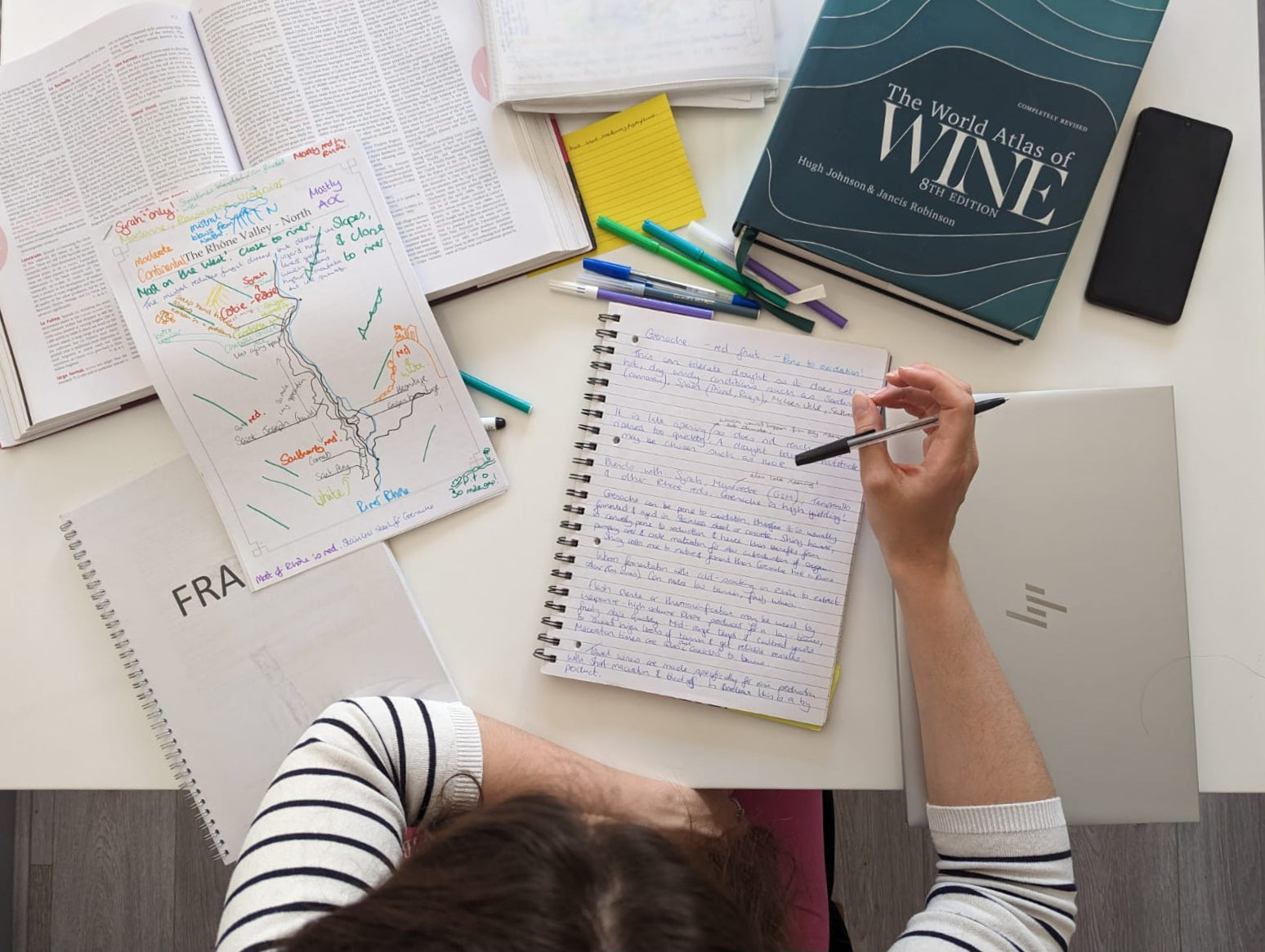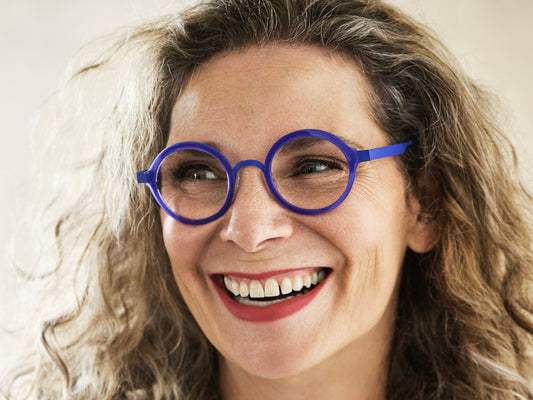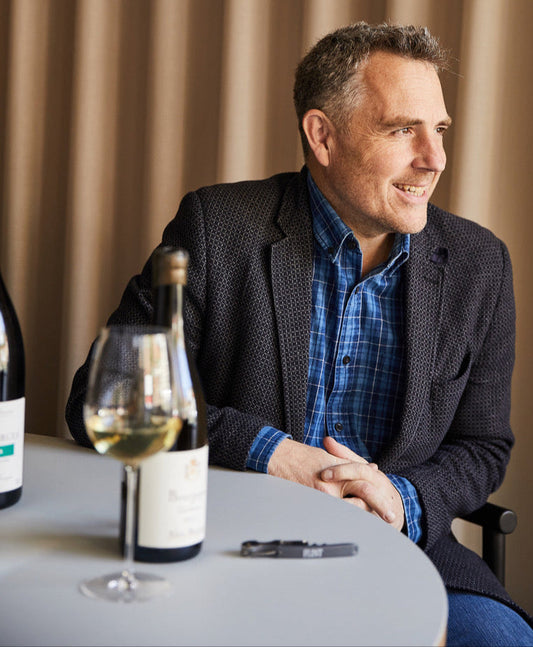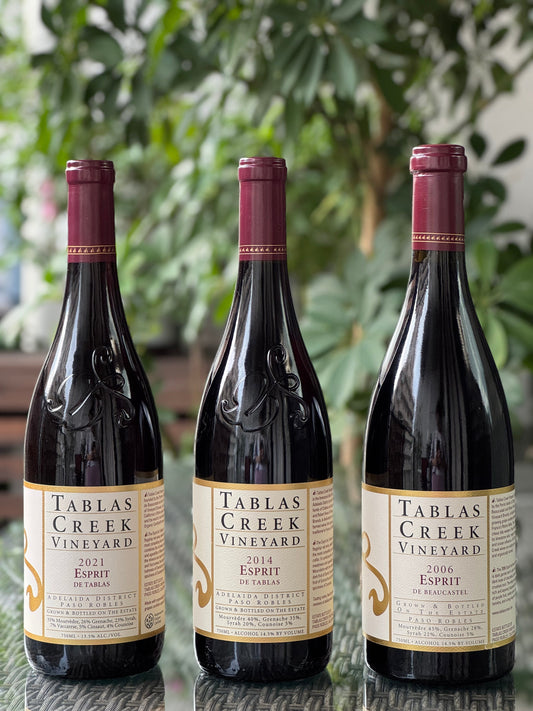|
Every year more and more adults enrol into the hundreds of wine study programmes that are on offer. Are these wine enthusiasts, professionals furthering their careers, or is there a growing crop of consumers breaking into a wine world? |
| The study of wine is stimulating. Not many topics can combine history, viticulture, gastronomy, chemistry, and geography with an air of opulence. The knowledge gained studying wine comes into its own every time one opens a wine list. No wonder so many adults are going back to (wine) school. In 2021–2022 the Wine Spirit and Education Trust (WSET) saw an 8% growth in students taking WSET qualifications compared to the previous academic year – with the UK seeing the fastest growth of 36%. In the same year WSET conducted a survey of 18,000 of its students and found a split of 47% working in the industry, and 53% who did not. Upcoming iterations of this survey include the option ‘No, but I am hoping to’, which currently sits around 12%. There’s a slightly different motivation between professionals and hobbyists, a WSET spokesperson says: ‘For those in or hoping to join the industry, feedback tells us that gaining a globally recognized qualification is also a key driver, while for those not involved in the industry the experience of learning about a subject they are passionate about tends to be more important than the qualification itself.’ The Wine Scholar Guild (WSG), an international network of some 110 schools on five continents, has seen similar results. Preston Mohr, director of sales and marketing for WSG, told me students are equally split between industry professionals and wine enthusiasts, and that student numbers have grown significantly year on year across their programmes since it was founded in 2005. Advancements in the availability of wine education (online, for example) have opened up courses to a wider audience. While cost may still be a limiting factor, lower cost options are also on the increase. For example, the WSG has a new, free online wine community, and the BBC Maestro course, ‘An understanding of wine’ by Jancis Robinson MW is in the top 10 of the BBC’s highest-selling courses. This growth in engaged consumers benefits the wine industry as a whole. Master of Wine Tim Jackson wrote about consumer wine education for his MW exam in 2017 and demonstrated that better-educated wine consumers make for higher-value customers. His analysis in the chart below shows that students who studied a WSET level 3 qualification (which involves approximately 84 hours of study) spent on average 37% more on a bottle of wine than those who had attended a one-day wine course. Chart 1: Average spend per bottle of wine, by wine course takers |
| One student who epitomizes the modern, multi-platformed wine lover is Archie Patel, a doctor who also successfully freelances as wine communicator @wineawaytheday. ‘I took the WSET qualifications to advance my passion and curiosity for different wine regions of the world and deepen my understanding of how terroir, viticulture and winemaking techniques affect what I’m tasting in my glass’ she said. ‘Taking the courses increased my confidence in being able to talk about wine more eloquently to other industry professionals, and my audience.’ |
| Kirsty Woodgate DipWSET is a communications and wine professional based in the UK. She works as a wine writer, wine judge and regularly hosts tastings. |
| Our founder Steven Spurrier firmly believed that the only way to learn about fine wines was to taste – and drink – as many as possible in the company of experts. Following his work and vision, we proudly introduce our new Wine Appreciation Courses starting this September 2023. Join one of our courses and discover the depths behind great wines. |




